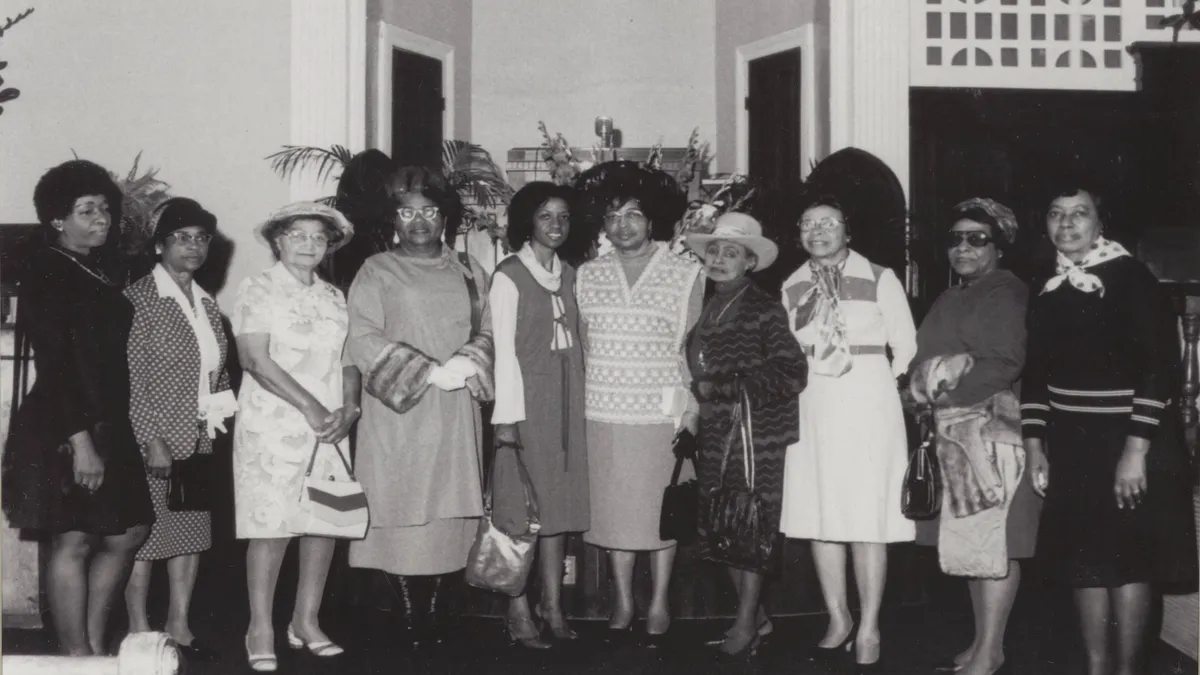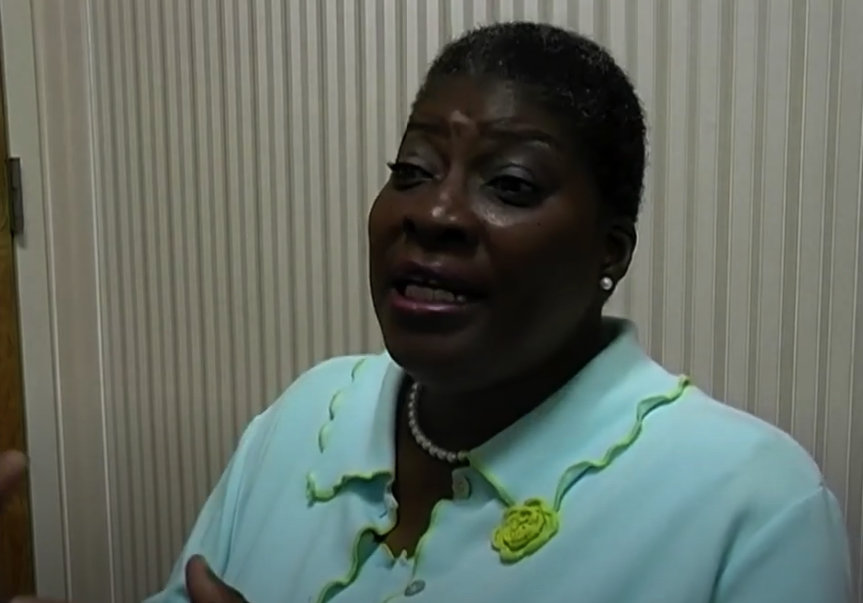Fred Reese Oral History Interview was conducted by Mark Myles, and Dr. Howard Robinson on March 26, 2013, in Selma, at the Alabama Ebenezer Missionary Baptist Church. This oral history is the second one, the first oral history interview with Fred Reese was recorded on February 2, 2002.
Frederick D. Reese was a prominent civil rights activist known for his significant contributions to the Voting Rights Movement in the United States. Born in 1929, he played a vital role in the struggle for equal voting rights for African Americans during the 1960s, particularly in Selma, Alabama.
Reese was one of the leaders who invited Dr. Martin Luther King Jr. to Selma to amplify the efforts to secure voting rights. He was involved in organizing and participating in marches, including the infamous “Bloody Sunday” march on March 7, 1965, where demonstrators were brutally attacked by law enforcement on the Edmund Pettus Bridge.
His efforts, along with those of other activists, ultimately led to the passage of the Voting Rights Act of 1965, a landmark federal law that aimed to eliminate racial discrimination in voting. This law is considered one of the most significant achievements of the civil rights movement, and Frederick D. Reese is remembered as a hero in the fight for equal voting rights.
Here in this interview Fred Reese is asked about the Dallas County Voters League relating to pushing Black Candidates right after the passage of the Voting Rights Act of 1965.







